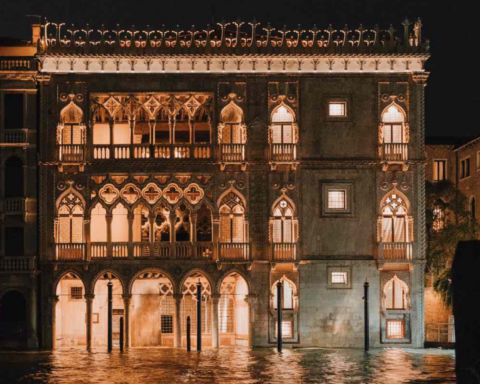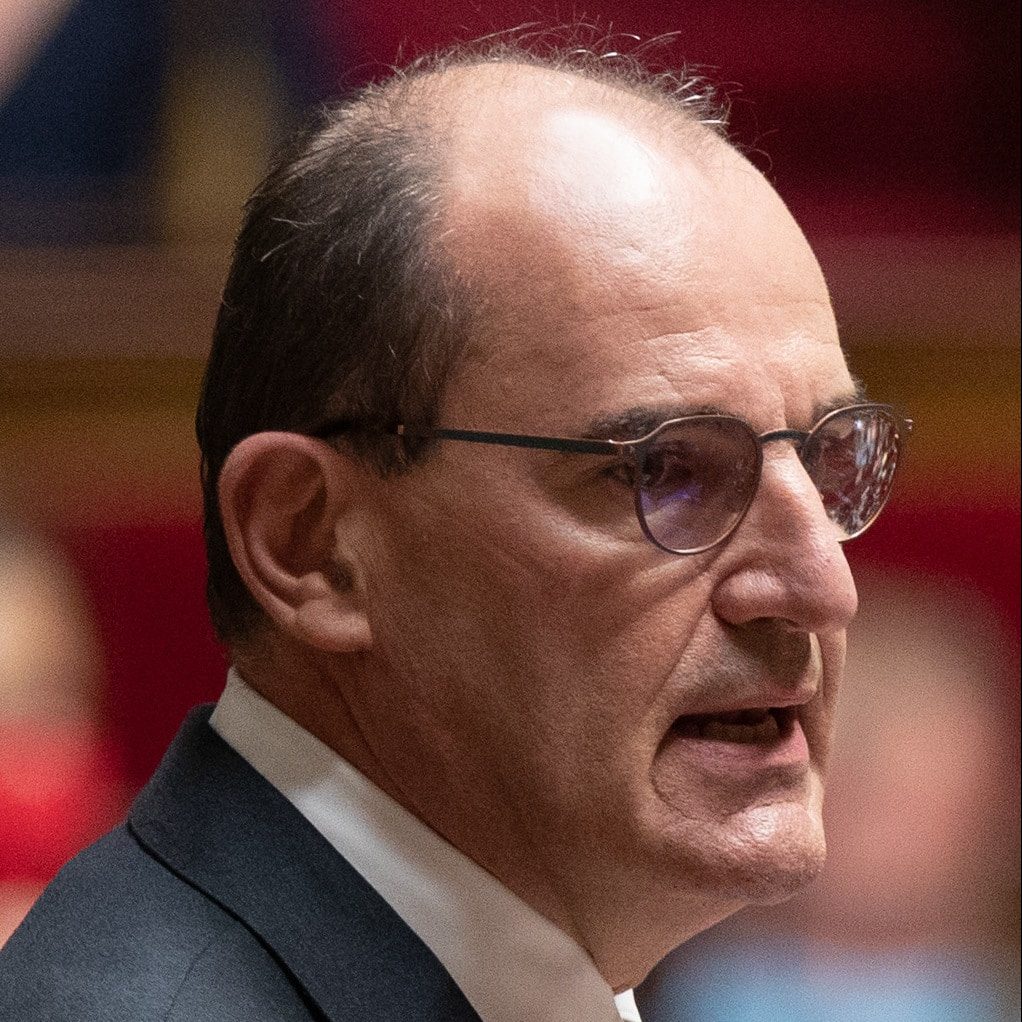[vc_row njt-role-user-roles=”administrator,armember”][vc_column][vc_column_text]
French Prime Minister Jean Castex revealed on Wednesday, August 26 that the government’s economic recovery plan will be unveiled on September 3, 2020.
“We note that there is a resumption of the epidemic. There is nothing to panic, but we have gone from 1,000 to 3,000 cases per day diagnosed. We are managing this situation so that we can move on to the next phase, recovery. This epidemic is characterized by a form of unpredictability and uncertainty,” explained the Prime Minister.
It should be noted that the 100 billion euro recovery plan to revive growth after the economic crisis caused by the coronavirus epidemic was initially due to be unveiled last Tuesday, August 18, 2020, but the government deemed the economic and social crisis was more “dangerous” than the health crisis.
“To govern is to know how to adapt to circumstances,” explained the head of government, minimizing the postponement “of one week” of the presentation of the plan of 100 billion euros to revive growth after the economic crisis caused by the coronavirus epidemic.
It should also be noted that 2 billion will go to the cultural sector, which is suffering. The Prime Minister announces that he will compensate for all expected revenue losses.
But the State does not intend to lower its guard since the virus is still present. It will strive to do what is necessary to get all French people back to work, school and their daily lives as soon as possible.
The Prime Minister takes the same line as the President of the Republic Emmanuel Macron, who said Tuesday after a health defense council, that “clear rules” would be established “everywhere” in France to deal with the resumption of the Covid-19 epidemic and “allow everyone to regain confidence” .
In addition, Jean Castex calls on the French “to the spirit of responsibility” to wear the mask which “is extremely useful” to fight against the coronavirus.
Although he understands that wearing the mask can sometimes be painful, it remains imperative.
“I have never believed that the state can do everything, it has its share of responsibility (…) but everyone must feel concerned by the fight against the epidemic,” he said.
On the other hand, Prime Minister Jean Castex considered that the public service of justice functioned “insufficiently well“, after months of July and August “unsatisfactory” in terms of security.
He then announced the 250 new posts this year and 550 next year.
“The public service of justice in this country functions insufficiently well because the State, which I represent today, has not done its job“.
In addition, he did not hesitate to return to certain facts that he described as “unacceptable” and that he condemned “very strongly,” such as the incidents that occurred last Sunday in Paris during the PSG-Bayern final.
Numerous aggressions occurred, including attacks on the mayors.
In addition, “it will no longer be possible for the prefectural authority to derogate” from the maximum 5,000-person limit “in the red departments, i.e., where there is a strong viral circulation” .
That said, the authorities acknowledge that the French StopCovid contact tracing application “has not obtained the results” hoped for in this fight.
Finally, the government once again refused the free distribution of masks for all students, believing that this would result in “paying for masks to families who do not need them” .
And that the authorities were already sending free masks by mail to the “most precarious” families.
Read also > EUROPEAN RENEWAL PLAN: WHERE WILL THE 40 BILLION SUBSIDIES OBTAINED BY FRANCE BE GIVEN?
Featured photo: © Wikipedia[/vc_column_text][/vc_column][/vc_row]











